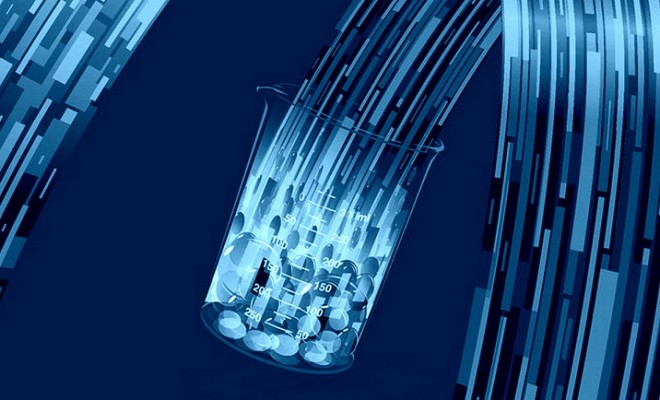
How the Bio Revolution could transform the competitive landscape
You start your day with a preworkout breakfast of synthetic eggs and lab-grown bacon, a diet tailored to your own genetic requirements. You get dressed in a biosynthetic tracksuit made from fibers that can self-repair. You drive to the gym in a car that uses biofuels produced by microbes engineered using synthetic biology. After a workout, you apply an antiaging face cream tailored to your skin’s genetic predisposition. At work, you put on an audio headset that measures stress levels from your brain waves and suggests ways to alleviate them in real time.
This is a not-so-distant day in the life of the Bio Revolution now underway. Fueled by breakthroughs in biological science and the confluence of exponential advances in data, analytics, and digitization, what until recently might have read like a page out of a science fiction novel is becoming a reality. Moreover, biological innovations have been deployed to aid in the response to COVID-19, allowing for faster identification of the virus, more effective diagnostics, and new bioengineered treatments.1 The wide-ranging implications for business executives should go well beyond the obvious and expected (see sidebar, “The Bio Revolution is not science as usual”).
Indeed, new McKinsey Global Institute research found that more than half of the potential direct economic impact from biological technologies—applied to nearly 400 use cases in multiple sectors—is outside of healthcare, notably in agriculture and food, materials and energy, and consumer products and services.2 The likely disruption of the Bio Revolution is vast and poised to influence a wide range of industries. New crosscurrents are already emerging, with four rising to the top:
Συνέχεια ανάγνωσης εδώ
Πηγή: mckinsey




